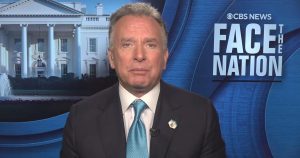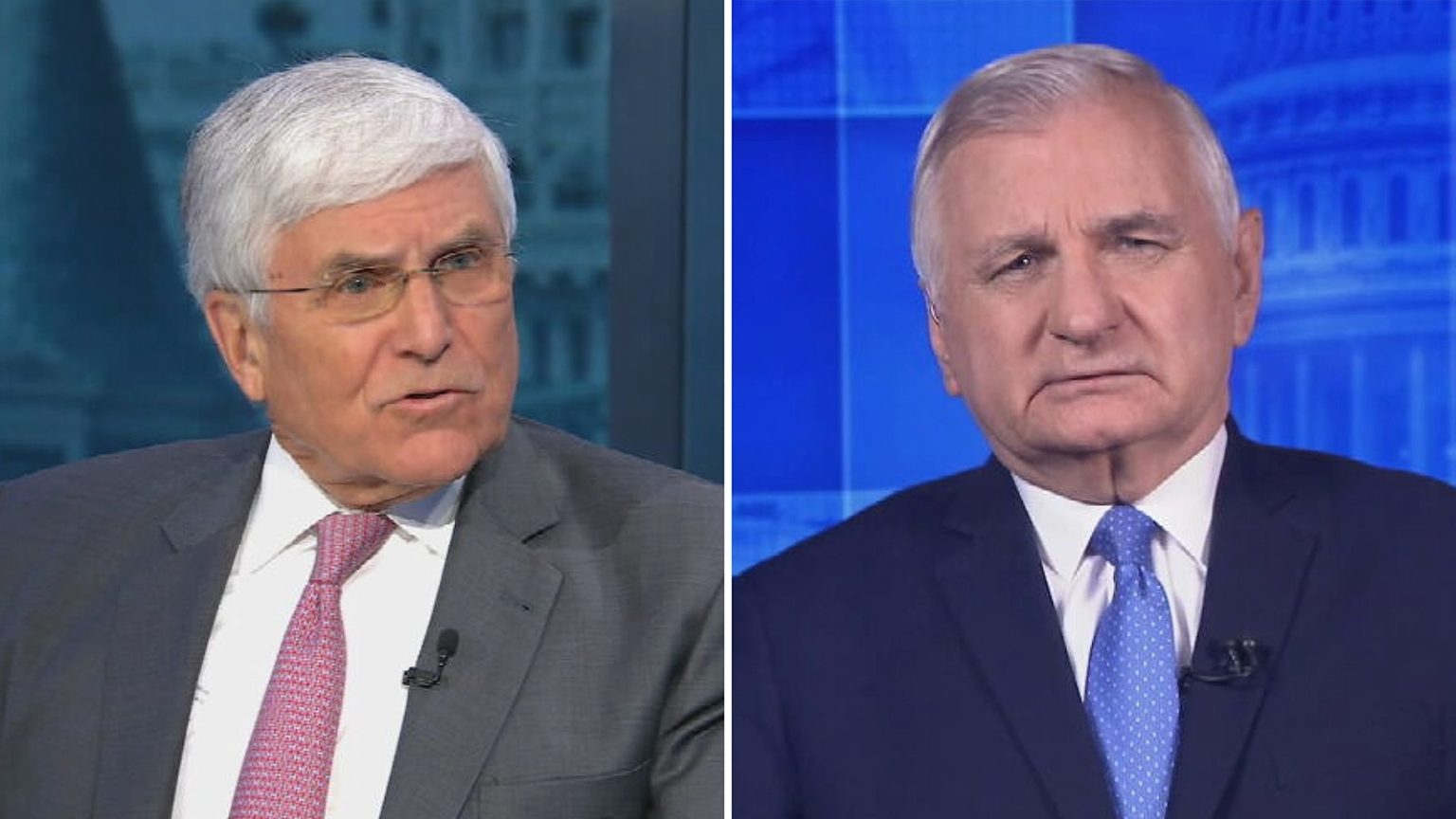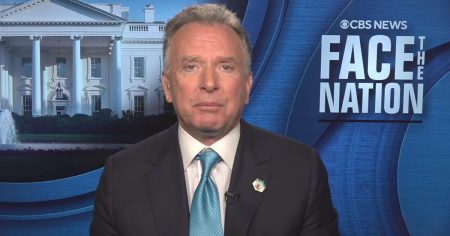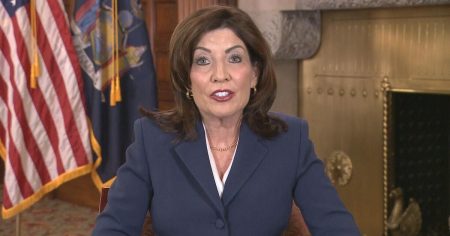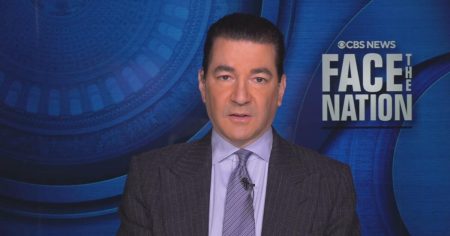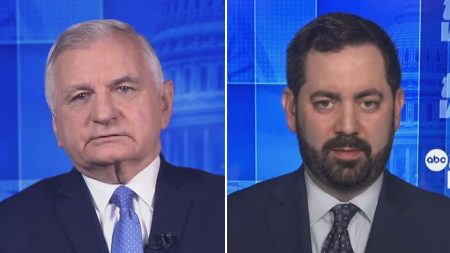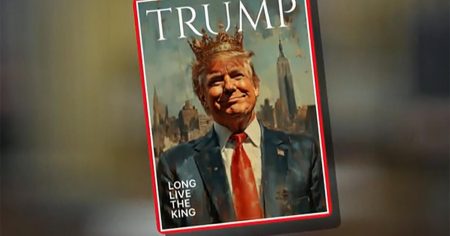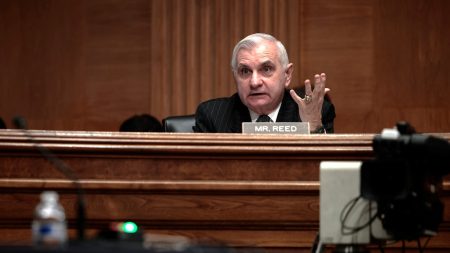A Dangerous Purge: The Politicization of the Military
In a recent and controversial move, President Donald Trump has sparked widespread concern by purging top Pentagon officials, including the Chairman of the Joint Chiefs of Staff, General CQ Brown, and other senior leaders. Senator Jack Reed, the ranking Democrat on the Armed Services Committee, has strongly condemned this action, describing it as an unwarranted attack on the nonpartisan nature of the military. Reed emphasized that these officials were dedicated professionals committed to upholding the Constitution, and Trump’s actions, along with Defense Secretary Pete Hegseth, aim to politicize the Department of Defense. This move, Reed argues, threatens the military’s traditional neutrality and substitutes it with loyalty to the president, undermining the rule of law.
The Implications of Trump’s Actions
The firings have sent shockwaves through the military community, marking the first time two members of the Joint Chiefs of Staff have been dismissed. Trump’s nomination of retired Lt. Gen. Dan "Razin" Caine as the new Chairman requires Senate confirmation, a process that could spark significant debate. Reed highlighted the alarming dismissal of three top military lawyers, suggesting that such actions are a precursor to illegal activities, as legal advisories are typically removed to bypass accountability. This purge, Reed warns, not only degrades the military’s integrity but also sets a dangerous precedent, casting doubt on the military’s ability to remain impartial.
The Role of the Joint Chiefs of Staff and the Separation of Powers
The Joint Chiefs of Staff, comprising senior military leaders advising the president and the Defense Department, were established to maintain political neutrality. Their four-year terms are designed to overlap presidential administrations, ensuring continuity and nonpartisanship. Reed and retired General George Casey Jr. stressed that these firings erode this foundation. Casey, who served under Presidents Bush and Obama, pointed out the destabilizing effects of such actions, especially during volatile times. The removal of leaders without justification undermines the military’s stability and creates uncertainty among the ranks, which could weaken national security.
The Impact on National Security and Stability
Casey emphasized the destabilizing nature of Trump’s purge, particularly at a time of significant domestic and international challenges. The abrupt dismissal of senior leaders without clear reasoning creates uncertainty and destabilization within the military. This uncertainty can diminish the military’s effectiveness and preparedness, posing risks to national security. Reed and Casey concur that such actions could deter talented individuals from pursuing military careers, fearing political reprisal, which would degrade the military’s capabilities over time.
The Repercussions Within the Military Ranks
The firings have already led to unease within the military, with many questioning their roles and the rationale behind the purge. Reed noted that the dismissal of military lawyers is particularly concerning, suggesting an intent to bypass legal constraints. This has led to fears of a broader erosion of military ethics and justice. The purge, combined with Trump and Hegseth’s intent to remove Diversity, Equity, and Inclusion programs, indicates a shift towards a more partisan military alignment, which could alienate service members and diminish unit cohesion.
A Call for Accountability: Balancing Presidential Prerogative and Military Neutrality
While Casey acknowledged Trump’s authority as Commander-in-Chief to make such changes, he stressed the need for transparency and justification in these decisions. The manner in which the firings were conducted lacks clarity, potentially undermining trust in military leadership. Reed and Casey urged for a balance between presidential prerogative and the need to maintain the military’s neutrality and professionalism. The Senate’s confirmation process for General Caine presents an opportunity to scrutinize these actions and ensure that the military remains a nonpartisan institution committed to the Constitution. This balance is crucial to preserving the integrity of the armed forces and maintaining public trust.
